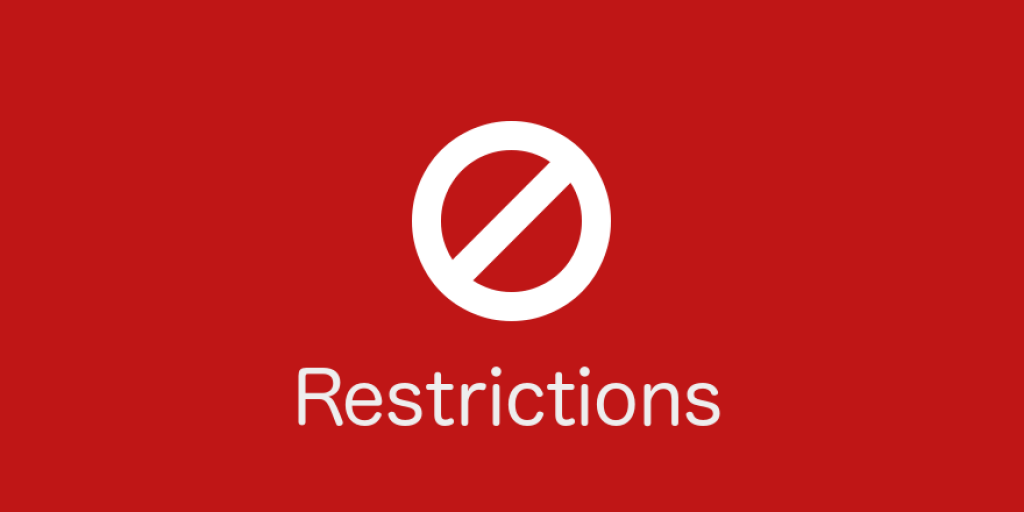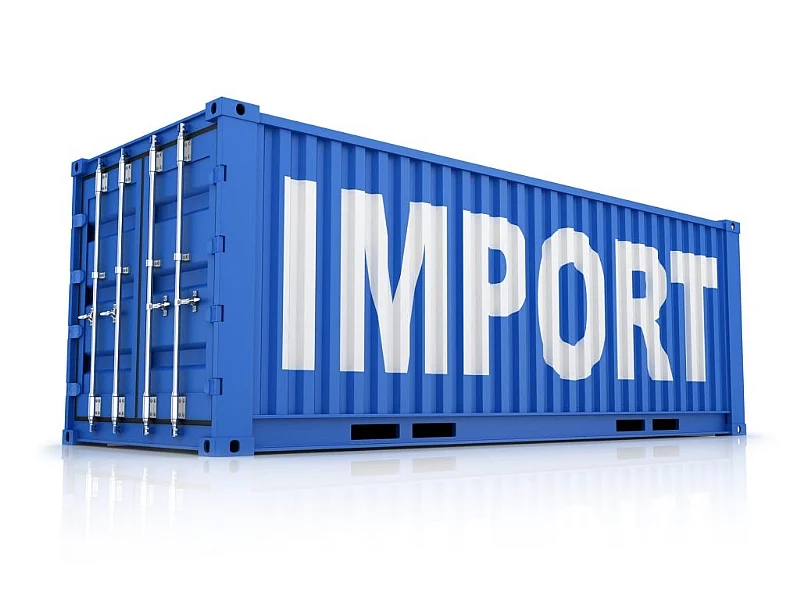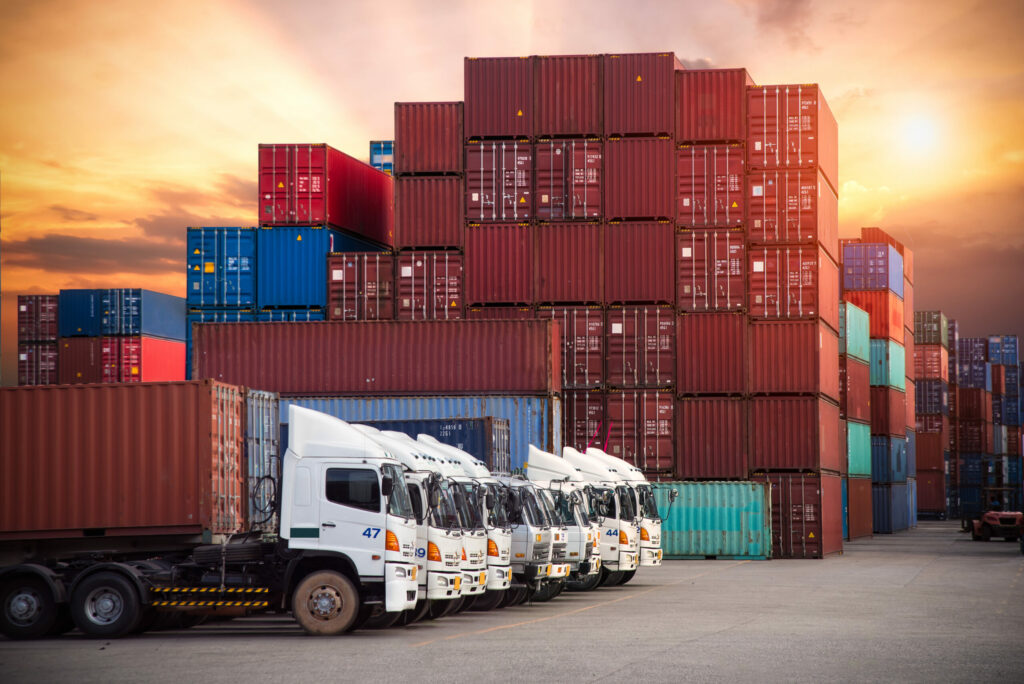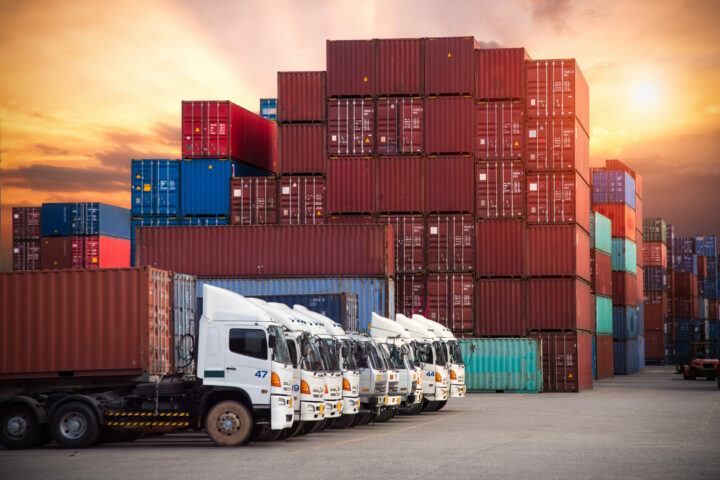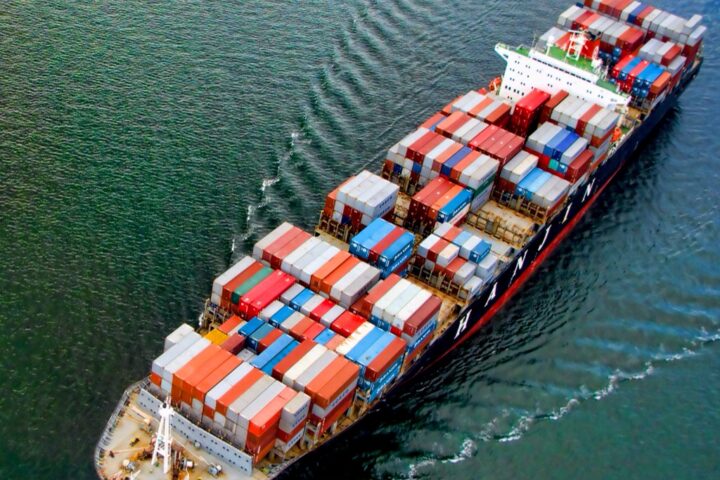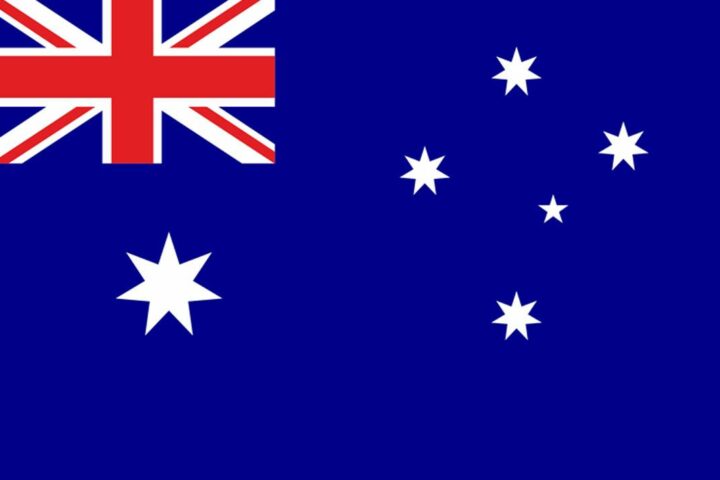Understanding Import Restrictions
Import restrictions are regulations imposed by a country to control the quantity and quality of goods entering its borders. These restrictions can include tariffs, quotas, bans, and stringent licensing requirements.
The Importance of Import Restrictions
Import restrictions serve multiple purposes:
- Protecting Domestic Industries: Safeguarding local businesses from excessive foreign competition.
- Ensuring Safety and Quality: Preventing the entry of substandard or hazardous products.
- Environmental Protection: Restricting items that may harm the ecosystem.
- National Security: Controlling the import of potentially dangerous or sensitive materials.
Categories of Import Restrictions in Australia
Quarantine and Biosecurity
Australia has stringent biosecurity laws to protect its unique flora and fauna. The Department of Agriculture, Water and the Environment (DAWE) oversees these regulations.
- Prohibited Items: Fresh fruits, vegetables, meat, and animal products.
- Inspection and Treatment: Goods must undergo inspection and, if necessary, treatment before entry.
- Fun Fact: Australia’s strict biosecurity measures have helped it remain free from many pests and diseases that affect other parts of the world.
Prohibited and Restricted Imports
Certain goods are completely banned or restricted under Australian law. These include:
- Weapons and Explosives: Strict controls on firearms, ammunition, and explosives.
- Drugs and Narcotics: Prohibition on illegal drugs and certain pharmaceutical products without proper licensing.
- Endangered Species: Ban on products derived from endangered species as per the Convention on International Trade in Endangered Species (CITES).
Import Licensing
Some goods require an import license or permit before they can be brought into Australia.
- Chemicals: Certain chemicals require permits from the Australian Border Force.
- Agricultural Products: Permits for specific agricultural imports to ensure they meet health and safety standards.
Tariffs and Taxes
While Australia generally has low tariffs on imports, certain goods are subject to higher tariffs and taxes to protect domestic industries.
- Automobiles: Higher tariffs to support the local car manufacturing industry.
- Textiles and Footwear: Tariffs aimed at protecting local manufacturers.
Regulatory Bodies and Compliance
Australian Border Force (ABF)
The ABF is responsible for managing the security and integrity of Australia’s borders, enforcing import restrictions, and ensuring compliance with all regulations.
Department of Agriculture, Water and the Environment (DAWE)
DAWE oversees biosecurity, ensuring imported goods do not pose a risk to Australia’s agricultural and environmental health.
Therapeutic Goods Administration (TGA)
The TGA regulates the import of medical devices, pharmaceuticals, and other therapeutic goods, ensuring they meet Australian safety standards.
How to Navigate Import Restrictions
Research and Preparation
Before importing goods, thoroughly research Australian import regulations relevant to your products. Use resources like the Australian Government’s Importing Goods webpage
Obtain Necessary Permits
Ensure you have all required licenses and permits. This may involve multiple agencies depending on the product type.
Compliance with Quarantine Regulations
Follow DAWE’s guidelines to comply with quarantine regulations, including necessary treatments and inspections.
Tariff and Tax Calculations
Calculate potential tariffs and taxes on your imports to understand the cost implications.
Fun Fact: Did You Know?
Australia’s import restrictions on plant material have helped preserve its unique eucalyptus forests, which are home to koalas and other indigenous wildlife.
Frequently Asked Questions
What items are prohibited from being imported into Australia?
Prohibited items include certain weapons, drugs, and products derived from endangered species. Fresh fruits, vegetables, and meat products are also restricted due to biosecurity laws.
Why does Australia have strict import restrictions?
Australia’s import restrictions protect its unique ecosystem, safeguard public health, and support local industries by preventing the entry of harmful or substandard goods.
How do I find out if my product is restricted?
You can find detailed information on restricted products on the Australian Border Force website
What are the penalties for violating import restrictions? Penalties can include fines, seizure of goods, and legal action. It’s crucial to comply with all regulations to avoid these consequences.
Do all imports require a license?
Not all imports require a license, but specific categories such as chemicals, pharmaceuticals, and agricultural products do. Check with relevant authorities for detailed requirements.
How can I ensure compliance with quarantine regulations?
Follow guidelines provided by the Department of Agriculture, Water and the Environment, which include inspections and treatments to meet biosecurity standards.
Are there any exemptions to import restrictions?
Exemptions may apply in certain circumstances, such as for research purposes or under specific international agreements. Contact relevant authorities for more information.
Can I import used goods into Australia?
Yes, used goods can be imported, but they must comply with Australian standards and regulations. Ensure they are clean and free from contaminants.
What is the role of the Australian Border Force in imports?
The ABF enforces import restrictions, ensuring compliance with all laws and regulations, and protects Australia’s borders from illegal or harmful goods.
How do tariffs affect my imports?
Tariffs can increase the cost of imported goods. It’s essential to understand the applicable tariffs for your products and factor them into your pricing strategy.
What documents do I need to import goods into Australia?
To import goods into Australia, you will need a range of documents including a completed import declaration form, commercial invoices, packing lists, and any necessary licenses or permits. Specific goods may require additional documentation, such as biosecurity certificates or product safety compliance certificates.
Can I import plants or seeds into Australia?
Importing plants or seeds into Australia is heavily regulated to protect the local ecosystem. You will need to obtain an import permit from the Department of Agriculture, Water and the Environment and comply with strict biosecurity measures, which may include treatments, inspections, and adherence to quarantine requirements.
Conclusion
Navigating Australia’s import restrictions requires careful planning and compliance with various regulations. By understanding these requirements and preparing accordingly, businesses can successfully import goods into Australia while contributing to its economic growth and protecting its unique environment.
- List of Foreign Embassies in Austria - June 29, 2024
- Australia Import Restrictions - June 24, 2024
- What is the Capital of Argentina? Buenos Aires - June 14, 2024

